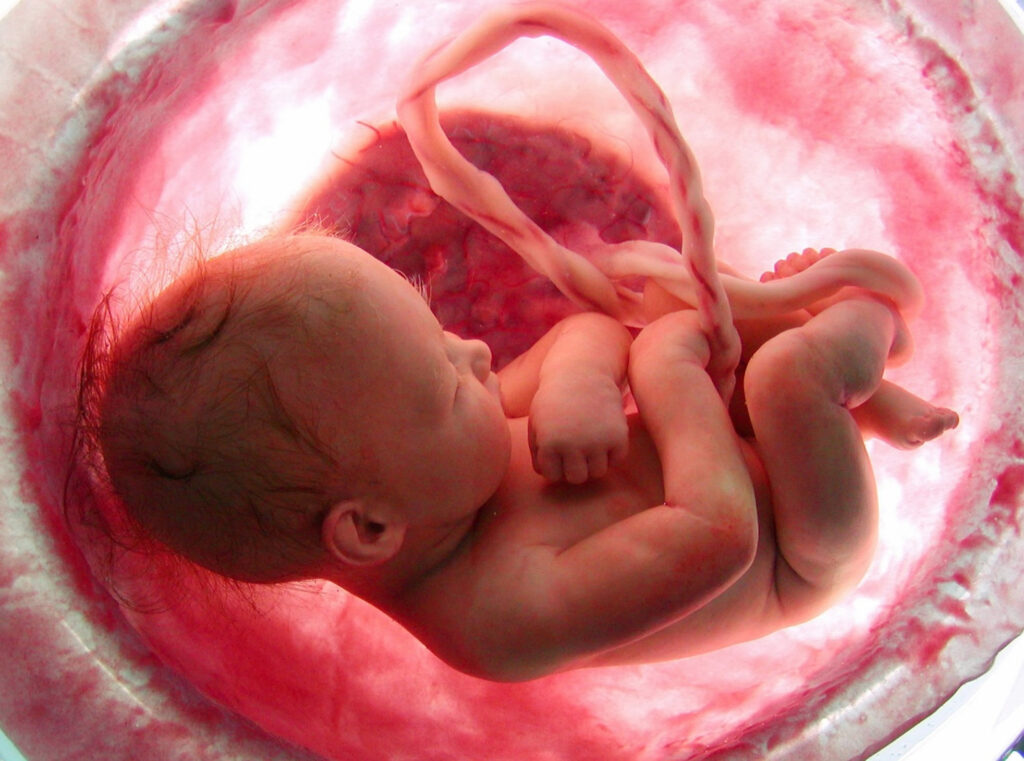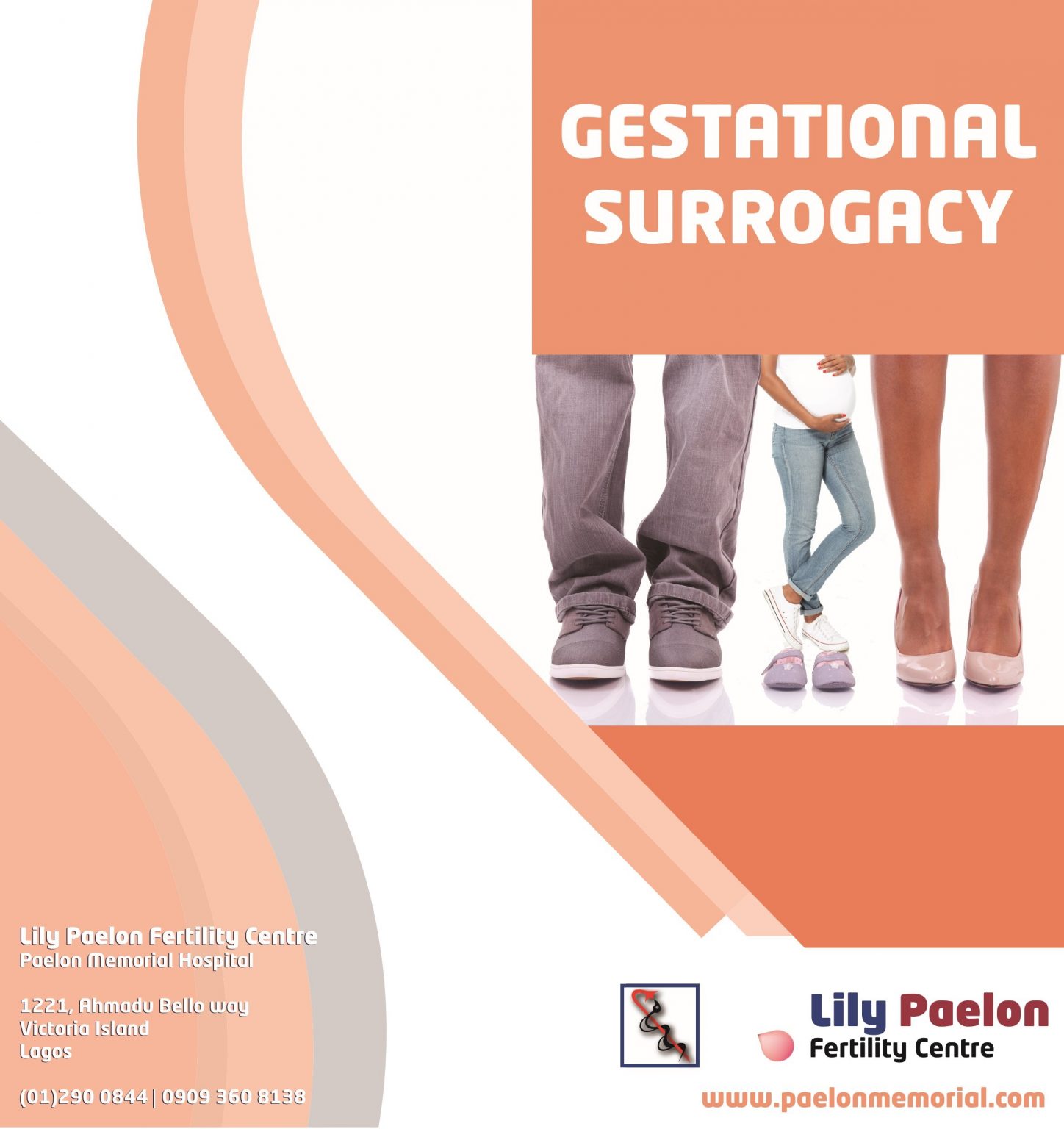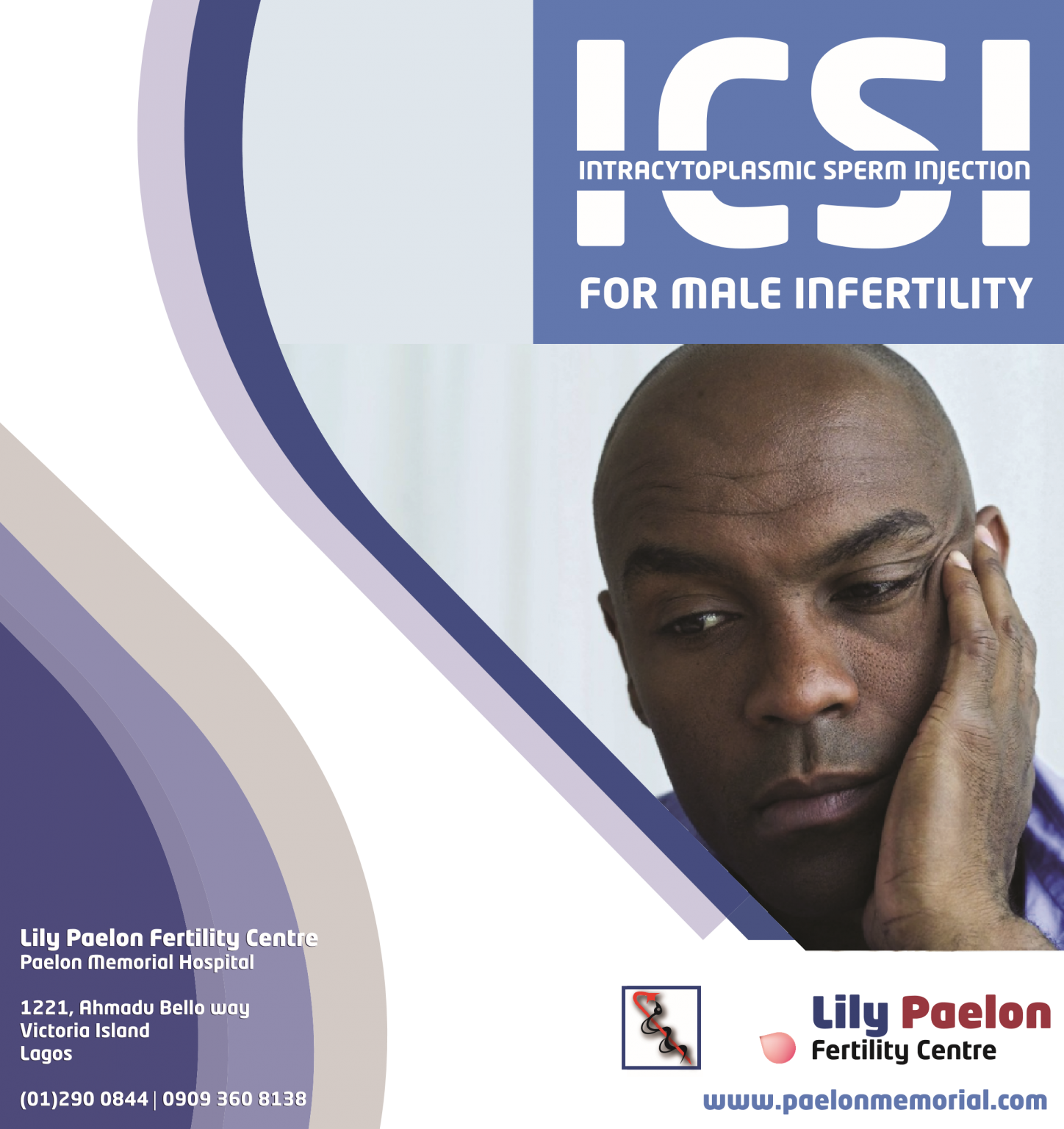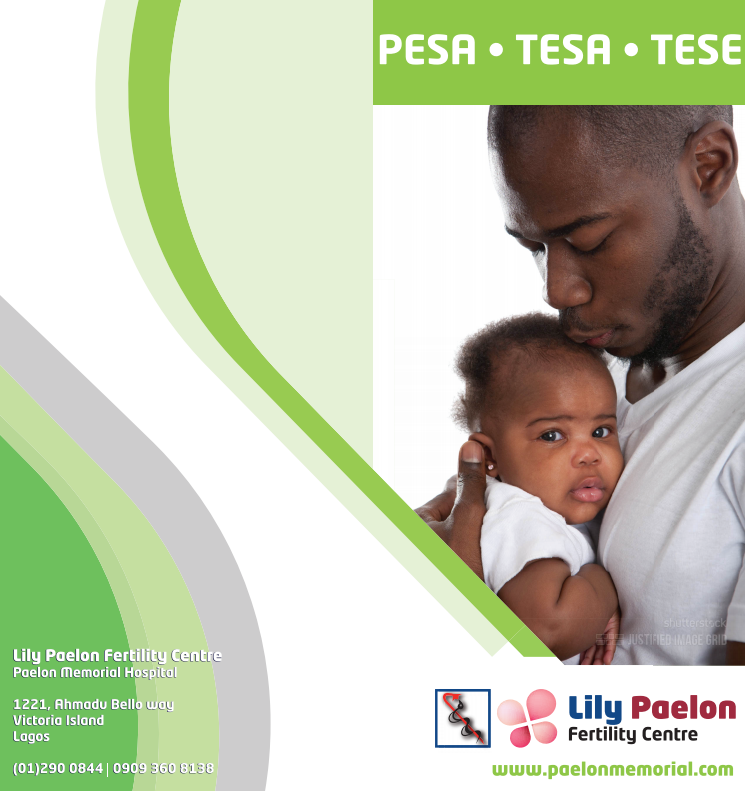Your Delightful Journey Through Assisted Conception
At The Paelon Lily Fertility Clinic
Welcome to our Fertility Clinic!
The Paelon-Lily Fertility Clinic is dedicated to providing compassionate and specialized care to couples facing challenges in achieving pregnancy. Here are some key highlights of our fertility clinic:
– Our clinic is staffed with a team of dedicated doctors, nurses, and embryologists with extensive experience in dealing with various male and female infertility issues.
– We offer personalized care, tailoring treatment plans to meet the unique needs of each couple.
– We provide a wide range of fertility services to address different infertility conditions, including anovulation, endometriosis, PCOS, tubal blockage, fibroids, and abnormal sperm parameters.
– Our clinic is open to all expectant couples who have not previously undergone fertility assessments or diagnosis.
– We offer advanced fertility treatments such as ovulation induction, intra-uterine insemination (IUI), in-vitro fertilization/intracytoplasmic sperm injection (IVF/ICSI), testicular sperm aspiration (TESA), and percutaneous epididymal sperm aspiration (PESA).
– Our fertility specialists are well-equipped to handle complex cases and provide the best possible chances of success.
– To support our patients’ fertility journey, we offer complementary services like sperm freezing, embryo freezing, and surrogacy.
– These services ensure comprehensive care and increase the options available to our clients.
– We prioritize creating a comfortable and supportive environment for our patients during their fertility treatment journey.
– Our team is here to provide emotional support and guidance throughout the process.

At the Paelon-Lily Fertility Clinic, we understand the emotional and physical challenges of infertility, and our mission is to provide the highest level of care and support to help couples fulfill their dreams of starting or expanding their families.
Our Fertility Services

Gestational Surrogacy
Surrogacy is defined as the practice whereby another woman (surrogate mother) carries pregnancy and gives birth to a baby for another couple who wants to have a child (commissioning parents) as the result of an agreement prior to conception that the child should be handed over to that couple after birth.
The Surrogate Mother
Is a woman who agrees to become pregnant in order to give the baby to someone who cannot have children.
The Commissioning Mother
The woman wishing to have a child is called is called the commissioning mother.
Surrogacy may be appropriate in the following situations:
- Not having o uterus as a result of a hysterectomy or being born without a functional uterus.
- Significant uterine abnormalities, including uterine scarring (Asherman’s Syndrome) and inability to develop a thick, supportive uterine lining.
- Significant medical conditions that make carrying pregnancy risk for a woman’s health (such as severe hypertension).
- Recurrent pregnancy loss.
Intra-Cytoplasmic Sperm Injection (ICSI)
Intra-cytoplasmic sperm injection (ICSI) involves a single sperm into an egg in order to fertilise it. The fertilised egg is cultured in the laboratory to form an embryo(s) which is then transferred to the woman’s womb as the case of IVF.
The major development of ICSI means that as long as some sperm can be obtained (even in very low numbers), fertilisation is possible. This treatment gives hope to men deemed to have any form of male fertility.
Who Benefits From ICSI?
- Male partner with severe low sperm count.
- Previous failed conventional IVF fertilisation rate.
- Sperms collected from the testicles or epididymis (sperm reservoir).
- Sperm with poor morphology (abnormally shaped sperms).
- Sperm with poor motility.
This procedure is most commonly used to overcome male fertility problems.
The Procedure Involves:
- Stimulation of the ovaries to encourage development and maturation of the eggs.
- Retrieval of the eggs.
- Fertilisation of the eggs and culture of the embryos to day 2, 3, or 5.
- Transfer of the embryos back into the prepared uterus (womb).
- Administering supportive drugs to encourage implantation.
- Pregnancy test and confirmation of pregnancy.


PESA * TESA * TESE
Percutaneous Epididymal Sperm Aspiration (PESA), Testicular Sperm Aspiration (TESA), and Testicular Sperm Extraction (TESE) are minimal invasive surgical techniques whereby sperm is retrieved directly from the epididymis or testes. The sperm retrieved from these procedures can be used to fertilise eggs by ICSI and any extra sperm and tissue can be frozen for future attempts.
PESA/TESA/TESE can be performed on men that have zero sperm counts due to either a sperm production problem or a blockage in their reproductive tract such as the result of a vasectomy, congenital absence of Vas deferens, or infection.
Sperm retrieval combined with in-vitro fertilisation (IVF) and ICSI have become invaluable techniques in managing male infertility, hence making child bearing a possibility to many infertile couples.
PESA/TESA/TESE techniques have given men without ejaculated sperm the opportunity to become fathers.
We also offer these techniques to men who suffer from Azoospermia (no sperm in the semen).
Talk to us
Please call us on either 0909-360-8138 or 01-290-0844,
or mail us at contact@paelonmemorial.com.

